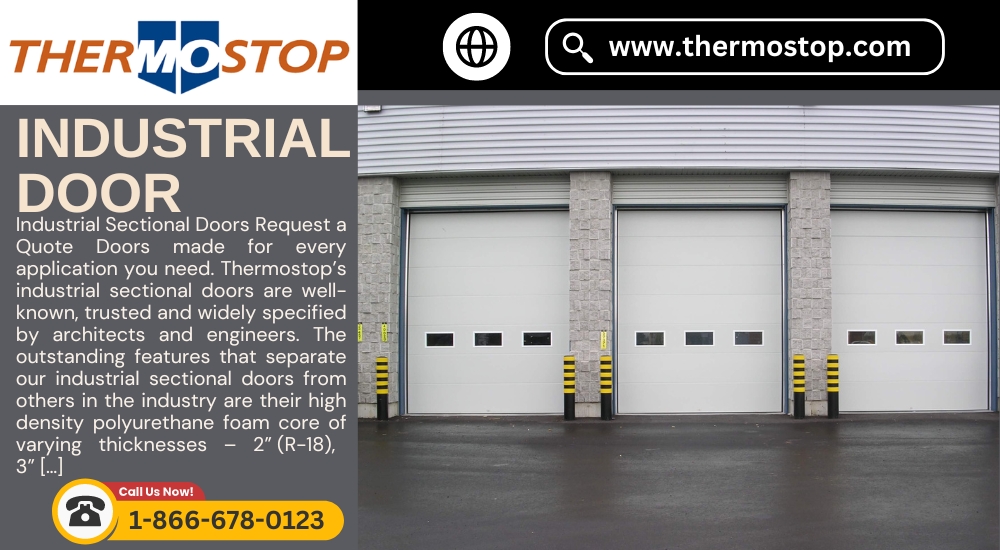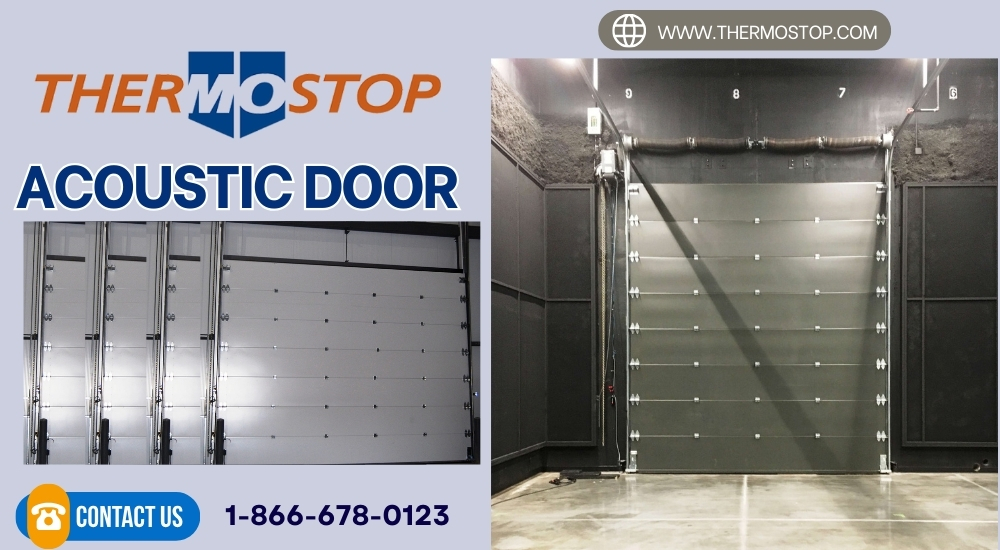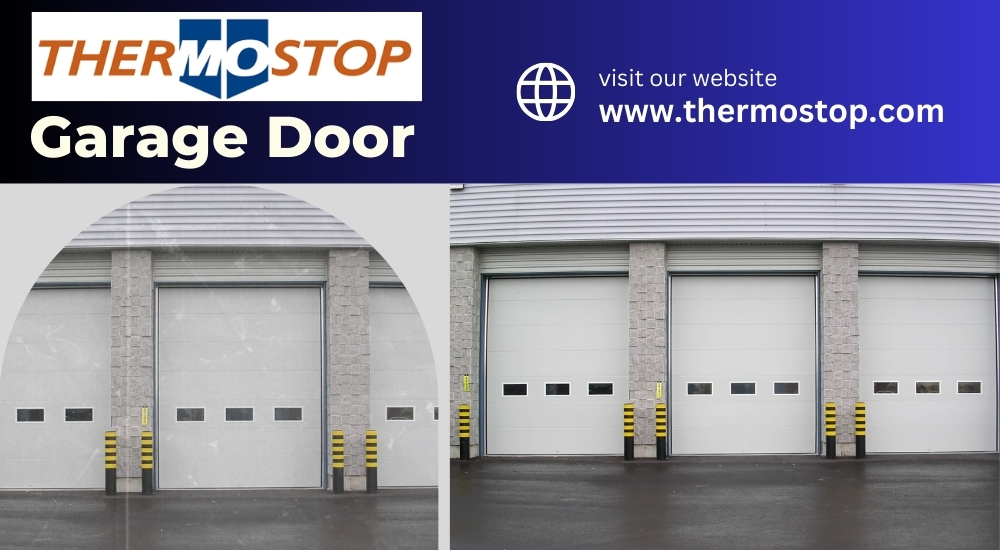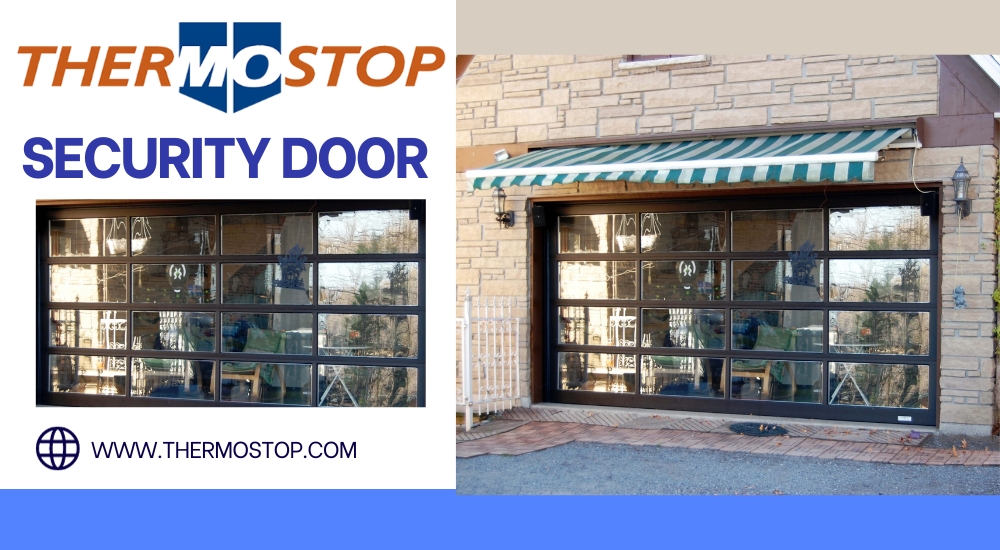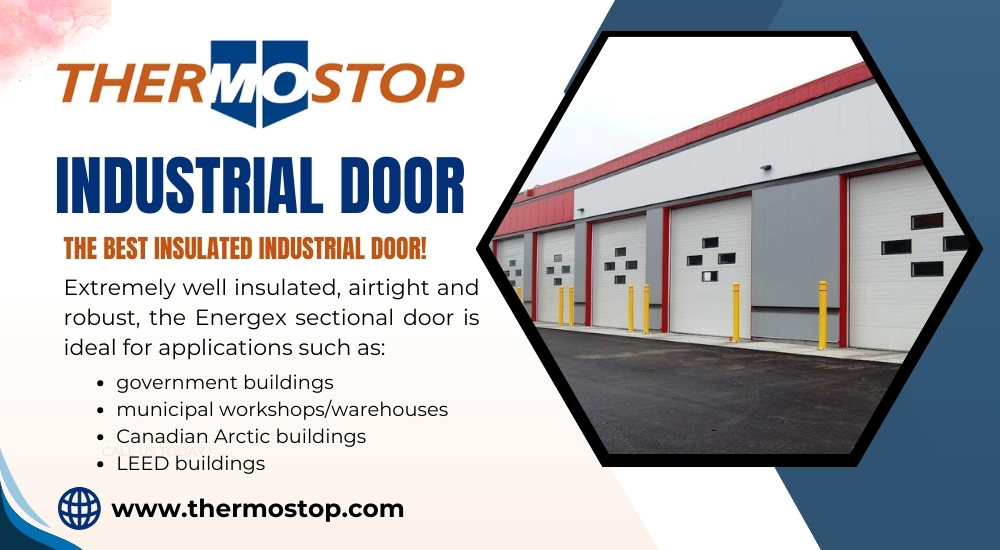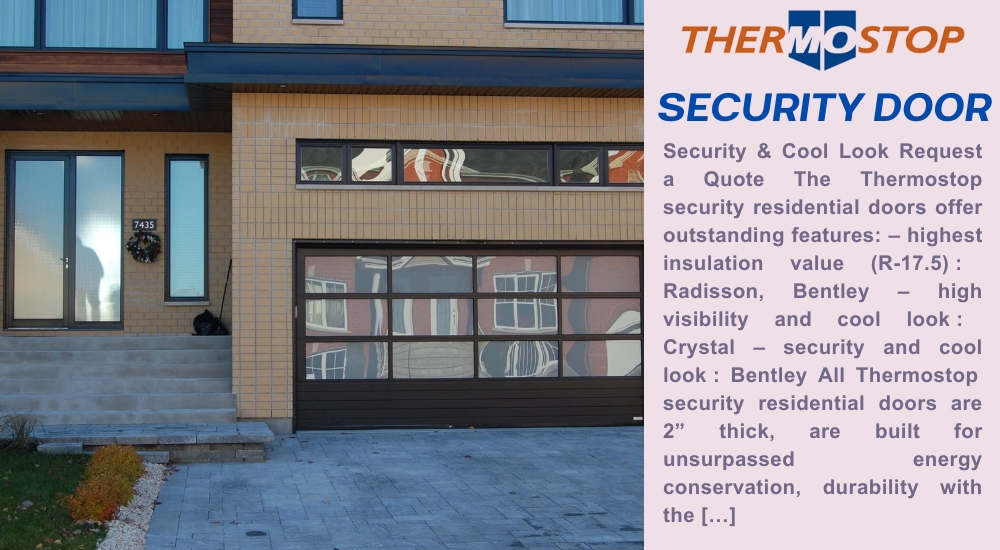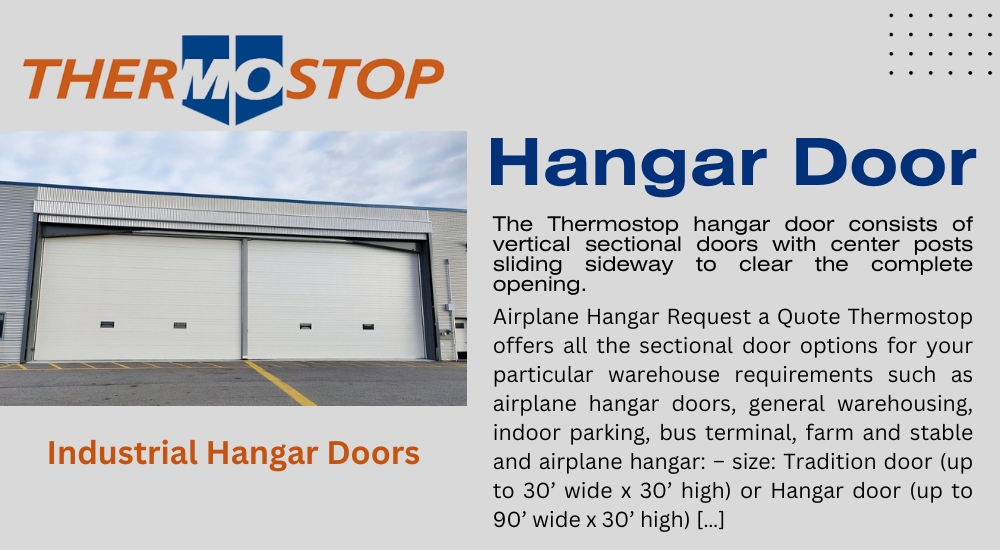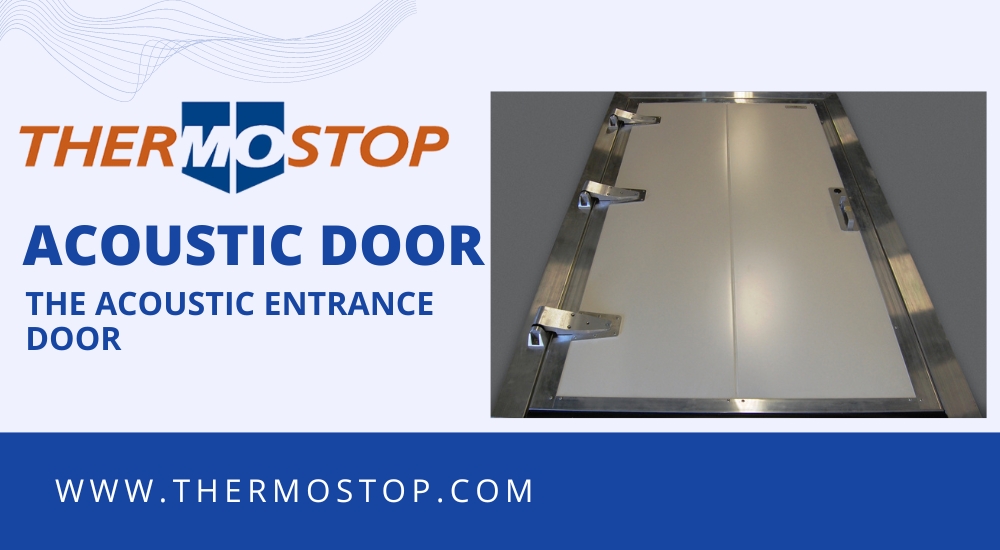When it comes to selecting the right door for your commercial or residential space, you will undoubtedly encounter a wide array of options. Two of the most common choices are industrial doors and garage doors, each with its own unique set of features, advantages, and yes, costs.
While it is crucial to choose a door that suits your specific needs, it is equally important to understand the financial aspects associated with these choices. In this blog post, we will explore the cost considerations for industrial and Garage Door, helping you make an informed decision when budgeting for installation.
- Initial Installation Costs
First and foremost, let’s start with the initial installation costs.
When you are looking at Industrial Door, you are often investing in heavy-duty, high-performance doors designed to withstand rigorous use. These doors can be significantly larger and more complex in terms of design compared to residential garage doors. As a result, the initial purchase and installation costs for industrial doors are typically higher.
Garage doors, primarily for homes, offer various materials, styles, and sizes. Initial costs vary, influenced by factors such as material (steel, wood, aluminium, fiberglass), insulation, design, and size. Basic options are budget-friendly, while custom or premium choices come at a higher price.
- Maintenance & Repair Costs
Another critical aspect to consider is ongoing maintenance and repair costs. Industrial Door is engineered for durability and longevity, which means they often require less frequent maintenance compared to garage doors. However, when maintenance or repairs are needed, the cost can be substantial due to the specialized components and expertise required.
Garage Door, being more commonplace in residential settings, generally has lower maintenance and repair costs. Common issues like damaged panels, springs, or openers are usually less expensive to address. Regular maintenance, such as lubricating moving parts and inspecting the door’s condition, can help prevent costly repairs in the long run.
- Energy Efficiency & Operating Costs
Energy efficiency is a significant factor in the cost equation, especially for industrial doors. Many industrial spaces require temperature control and insulation to meet safety and regulatory standards.
Industrial entrances can be equipped with advanced insulation materials and sealing systems to minimize energy loss, but this often comes at an additional cost upfront. However, these energy-efficient features can lead to long-term savings on heating and cooling expenses.
Garage Door in residential settings also benefit from insulation options, but the impact on energy bills is typically less pronounced compared to industrial doors. Still, investing in an insulated garage door can make a difference in maintaining a comfortable temperature in your garage, which may be particularly important if you use it as a workspace or storage area.
- Return On Investment (ROI)
To make an informed decision about door costs, consider the return on investment. Industrial Door often provides a clear ROI for commercial and industrial businesses by improving security, energy efficiency, and operational efficiency. In contrast, the ROI for residential garage doors is often centered around aesthetics and convenience rather than direct financial returns.
Conclusion
In conclusion, when budgeting for door installation, it is essential to weigh the initial costs, ongoing maintenance and repair expenses, energy efficiency, and potential return on investment. Industrial doors may come with higher upfront costs but can provide substantial benefits in the long run for businesses.
Garage Door offers a broader range of options to fit various budgets and needs, with lower maintenance costs for homeowners. By understanding the cost factors associated with each type of door, you can make a well-informed decision that suits both your immediate budget and your long-term goals.
To know more about these products visit our website www.thermostop.com .



